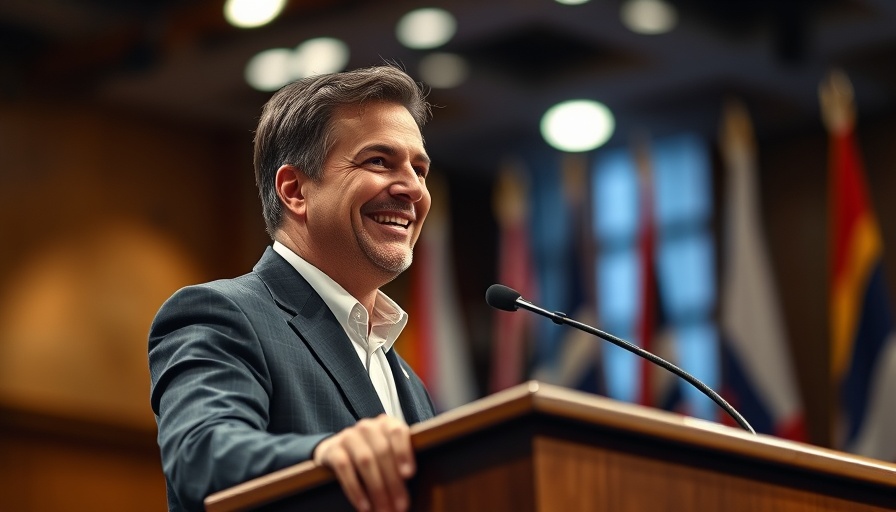
Understanding the Implications of U.S. Defense Aid Suspension
The recent announcement regarding the suspension of U.S. defense aid has raised questions within the international relations sphere, particularly as South Africa navigates its global partnerships. The Department of International Relations has attempted to downplay concerns over the U.S. decision, positing that it does not significantly impair South Africa’s defense capabilities or diplomatic relationships.
U.S. Aid Suspension: A Window into Diplomatic Strains
This suspension comes amid growing tensions in U.S.-South African relations, particularly influenced by the impact of the Russia-Ukraine war and South Africa's perceived neutrality. Critics argue that this suspension could reflect broader implications for South Africa’s standing in international coalitions, including the African Union and BRICS. Alternatively, some analysts suggest that the government's response indicates a pragmatic approach to foreign policy, focusing on diversifying partnerships beyond solely relying on U.S. aid.
Political Ramifications for South Africa's Governance
The evolving discourse surrounding military aid intersects with the internal political dynamics of the country. The ruling party, the African National Congress (ANC), alongside coalition partners, faces mounting pressure as the 2024 general elections approach. The opposition parties, particularly the Democratic Alliance (DA) and Economic Freedom Fighters (EFF), have seized upon the government's responses, framing them as signs of negligence in foreign affairs. This dynamic emphasizes the necessity for the ANC to showcase effective leadership in navigating international relations to bolster voter confidence.
The Broader Election Landscape: A Shift in Voter Sentiments
As South Africa approaches critical elections, the responses to the U.S. aid suspension signal potential shifts in voter sentiment. The implications for service delivery, economic policy, and issues such as national health insurance could dominate voter discussions. The notion of electoral integrity, alongside the role of corruption and accountability, is likely to shape the electoral discourse as parties campaign on platforms of reform. Thus, the relationship with the U.S. could prove pivotal in shaping public opinion about the effectiveness of the current administration.
Addressing Public Concerns and Future Directions
Public sector reforms, aimed at eradicating corruption and ensuring accountability, are increasingly relevant as South Africans express frustration over service delivery. Young voters, particularly those focused on employment opportunities and education reforms, may mobilize against parties seen as ineffective. As the country navigates both local and global pressures, the position on issues like land reform, electoral reform, and economic inequality will also guide the political narrative.
The Importance of Strategic Diplomacy
Strategically, South Africa must balance its foreign policy to reinforce international alliances while securing aid to enhance domestic security and economic stability. President Cyril Ramaphosa’s administration has continuity challenges, continually reassessing diplomatic strategies. With the global landscape shifting towards multipolarity, South Africa’s role in forums like BRICS and the G20 is becoming increasingly crucial, calling for a coherent strategy that appeals to both domestic needs and international obligations.
Conclusion: A Call for Action in Conscious Engagement
As the government grapples with scrutiny over defense aid suspensions, it is essential for citizens to remain engaged and informed about their political leaders' strategies in foreign policymaking. Increased civic engagement, especially from impacted communities, can amplify demands for accountability and transparency from the ruling parties. In doing so, voters can influence the discourse leading to the 2024 elections, ensuring that the decision-makers pay heed to the nuanced dynamics of foreign relations while working towards sustainable development at home.
 Add Row
Add Row  Add
Add 




Write A Comment